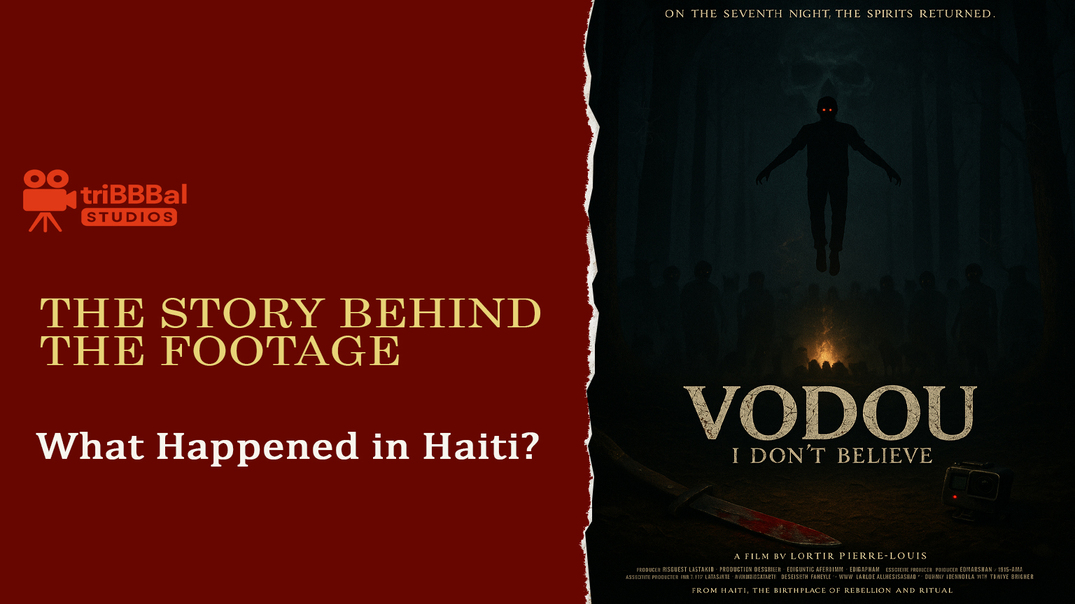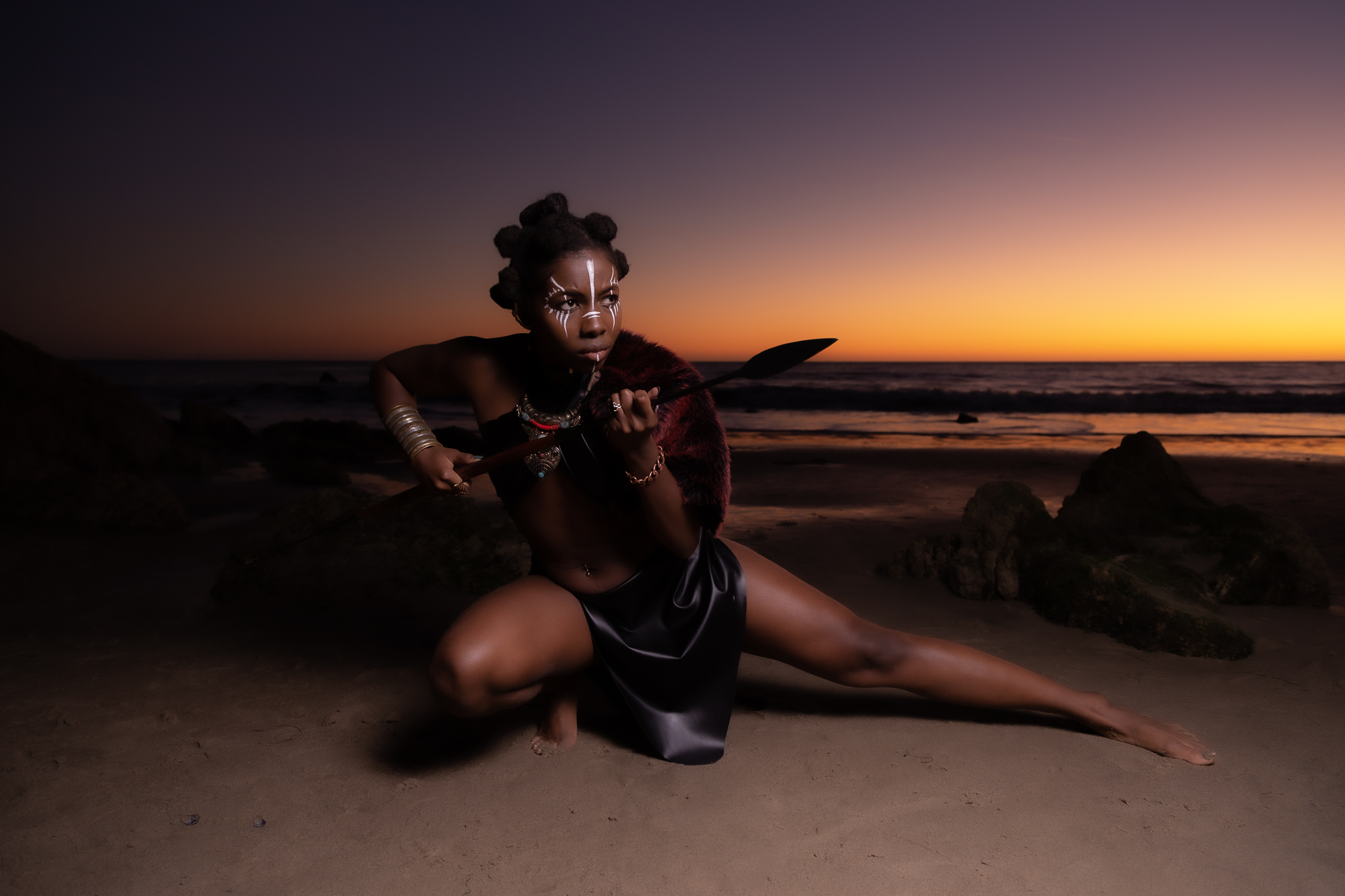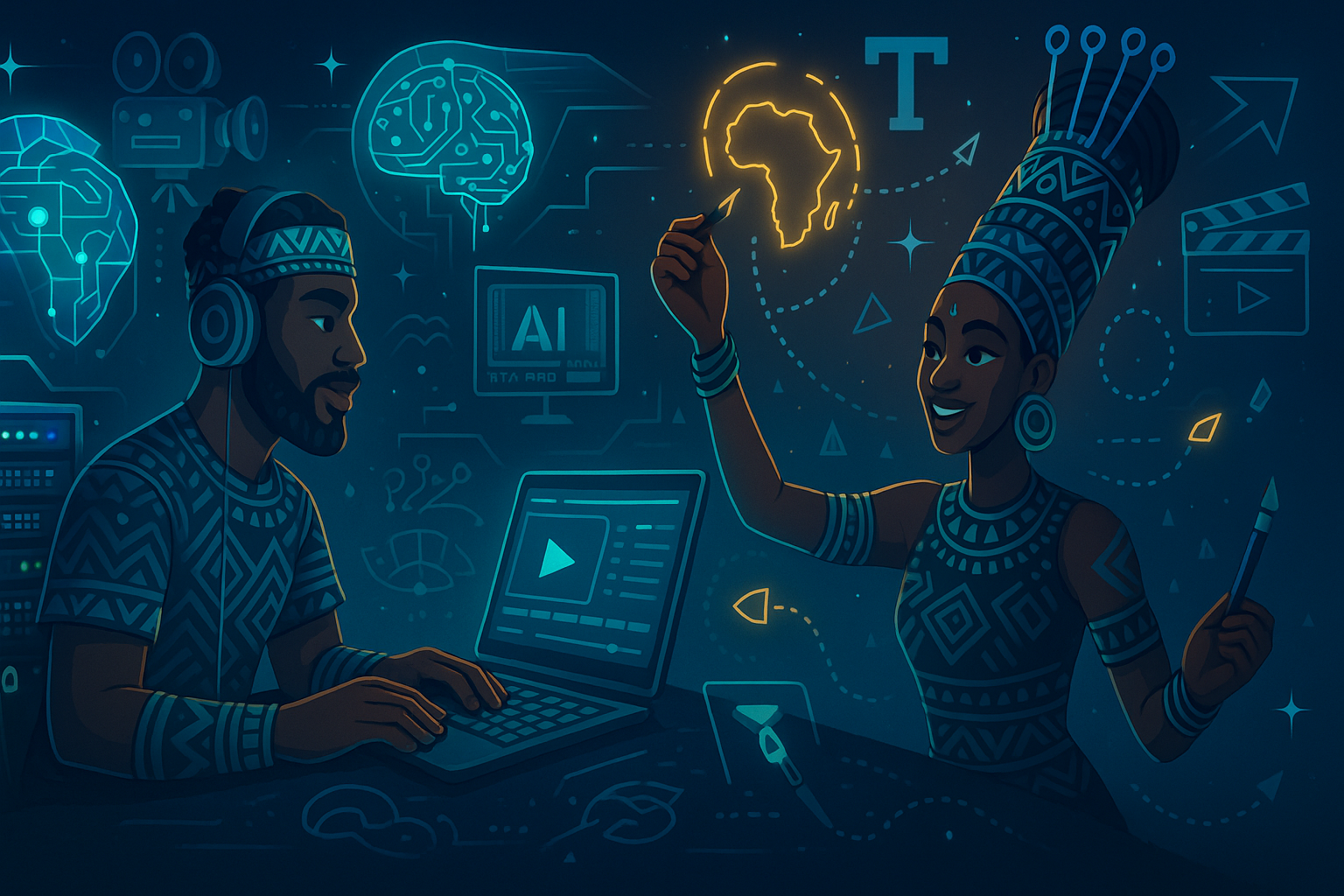Vodou: I Don't Believe - A Descent into the Heart of Fear
Share this post:
The Story Behind the Footage
What Happened in Haiti?
In April 2015, a documentary crew traveled to rural Haiti on what began as a deeply personal journey. Between April 15 and April 22, they captured footage that would change everything. On the seventh night of filming, Philip Marso and three members of his team lost their lives under circumstances that remain unexplained. Their bodies have never been recovered.
Only one person survived: Ellen Marso, Philip's wife.
For years, Ellen kept the footage hidden, unable to face the trauma of reliving those final moments. But grief has a way of demanding answers. In a series of emotional posts on Facebook, Ellen shared fragments of the footage with the world, hoping someone could help her understand what happened to her husband.
The response was overwhelming. Over 2 million people watched the videos, transfixed by the raw, unedited documentation of events that defy explanation.
How It All Began: Philip's Dreams
Philip Marso should have been the happiest man alive. He had just married Ellen, the love of his life, and their future together seemed full of promise. But on their wedding night, two things happened that would change the course of their lives forever.
First, Philip received devastating news: his estranged father had passed away in Haiti.
Second, the dreams began.
Philip had been born in Haiti, but his mother had escaped when he was very young, bringing him to California to build a new life. She rarely spoke of his father, and Philip grew up knowing almost nothing about the man—not his story, not his life, not even why his mother had left. His father remained a mystery, a shadow in his past that Philip had learned not to question.
But that night, as Philip processed the news of his father's death, something shifted. He began having vivid, disturbing dreams. In them, he saw Haiti—places he didn't recognize but somehow felt he knew. He heard voices calling to him in Creole, words he couldn't quite understand. And most haunting of all, he saw his father's face, a man he barely remembered, beckoning him to come home.
The dreams didn't stop. Night after night, they grew more intense, more insistent. Philip became convinced that his father was trying to tell him something, that there were answers waiting for him in Haiti—answers about his father, about his heritage, about who he truly was.
Ellen watched her husband struggle with these visions and knew they had to do something. When their friend David, a documentary filmmaker looking for his next project, heard about Philip's dreams, he saw an opportunity. This wasn't just a personal journey—it was a story worth documenting. A man returning to the homeland he barely knew, searching for the truth about a father he never understood.
Together, the three of them made a plan. David would film Philip's journey to Haiti. Ellen would be there to support her husband through whatever they discovered. And Philip would finally confront the mysteries of his past.
What none of them could have anticipated was where those mysteries would lead them.
Ellen's Story
Ellen's first post was a plea for closure:
"Hello, my name is, Ellen Marso, and I'm the widow of Philip Marso. On the 7th night of shooting a documentary in Haiti, my husband and 3 of our friends lost their lives. It's only by the grace of God that I survived. This is not a cry for attention or a publicity stunt. I'm hoping by sharing these final moments with you that questions will be answered, and their loved ones will find some form of closure in them. To their families, I'm sorry I've kept this away from you for so long. I didn't have the strength to relive these moments again, but over time I've realized that it's selfish of me to do so and that their story needs to be told."
Her pain was palpable in every word she shared:
"Philip, love of my life...! My heart is bursting with pain...! I think of you every second of every day... I've missed your smile... I've missed your laugh... I'm so lonely without you, love...! I've missed your scent...! I can smell you everywhere in our apartment, so I remain inside just so I can be close to you... I miss falling asleep in your arms...!"
And her desperate search for answers became a rallying cry:
"My husband and 3 others lost their lives in Haiti after we stumbled on a Vodou ceremony! THEIR BODIES ARE STILL MISSING! Please help me understand what happened!"
triBBBal Studios Presents: Vodou: I Don't Believe
Now, triBBBal Studios is working with Ellen Marso to bring the complete footage to the public. This is not a traditional film. It is a documentary presentation of the raw, unedited material captured during those seven days in Haiti—a chronicle of a journey that began as one man's search for his father and ended in unimaginable tragedy.
The footage shows Philip's mixture of excitement and apprehension as they arrive in Haiti, a country that should feel like home but doesn't. It captures Ellen's unwavering support as they follow the threads of Philip's dreams through rural villages, asking questions about his father, trying to piece together a life he never knew. It documents David behind the camera, guiding them through the process of turning personal grief into a story that might help Philip heal.
And it shows the moment everything changed—when locals who heard about Philip's dreams and his father's death told them they needed to witness something. A Vodou ceremony. They said it might give Philip the answers he was seeking, that it might help him connect with his father's spirit, that it was part of understanding his Haitian heritage.
It was an honor, they were told, rarely extended to outsiders.
Philip agreed. How could he not? This was why he had come.
The footage shows what happened on the seventh night, when the ceremony began and everything went wrong.
What the cameras captured in those final hours has sparked intense debate. Some believe the footage documents genuine supernatural events—that Philip's dreams were more than just grief, that his father was truly calling to him from beyond. Others insist there must be a rational explanation for what occurred. Ellen herself remains haunted by what she witnessed, unable to reconcile what she saw with what she believes is possible.
The title of the project, Vodou: I Don't Believe, reflects the central tension at the heart of this story. It is a statement of skepticism, but also a question: What do you do when confronted with something that challenges everything you thought you knew?
What Makes This Different
This is not Hollywood's version of Vodou. You won't find voodoo dolls, cartoonish zombies, or fabricated devil worship—the racist stereotypes that have plagued representations of this spiritual tradition for centuries. What you will see is something far more authentic, and far more complex.
Haitian Vodou is a syncretic religion with deep roots in West African spiritual traditions, brought to the Caribbean by enslaved people and blended with elements of Catholicism. It is practiced by millions of people and is recognized as an official religion in Haiti. Like any major religion—Christianity, Islam, Judaism—Vodou encompasses both light and darkness, beauty and terror, healing and harm. It has its saints and its demons, its prayers and its curses, its ceremonies of celebration and its rituals of power.
For too long, Vodou has been reduced to caricature, shown only through the lens of fear and misunderstanding. The truth is far more nuanced. Vodou can be beautiful—a source of community, healing, and spiritual connection. But like any religion that acknowledges the full spectrum of human experience and spiritual reality, it also has its darker aspects.
And what this footage captures is undeniably that darker side.
This documentary does not claim to show all of Vodou. It shows what Philip Marso and his crew encountered on one fateful night—a side of the tradition that practitioners know exists but that outsiders rarely witness. This is not sensationalism. This is not Hollywood fabrication. What happened on that seventh night, what the cameras recorded, reveals something within Haitian Vodou that is rarely seen and difficult to explain.
Just as Catholicism has exorcisms and Islam has spiritual warfare, Vodou has forces that even its practitioners approach with caution and respect. Whether what you see in this footage is the spiritual power that believers have long claimed exists, or something else entirely, is for you to decide. But the footage is real. The fear in the voices is real. And what unfolds before the camera defies easy dismissal.
triBBBal Studios is presenting this material without embellishment, without special effects, without the typical horror movie manipulation. We are showing you what was captured—raw, unfiltered, and deeply disturbing. We are providing cultural context so you understand that what you're witnessing is not the entirety of Vodou, but rather an encounter with its most powerful and dangerous elements.
The world will finally see what Philip Marso and his crew witnessed. And you will have to judge for yourself whether what you're seeing is real.
The Questions That Remain
What happened on that seventh night? Why have the bodies never been found? Were Philip's dreams a psychological response to grief, or were they something more? Did he find the answers he was looking for about his father? What did the cameras capture in those final moments? And perhaps most importantly: Do you believe?
Ellen Marso's story has already captivated millions. Now, triBBBal Studios invites you to see the full picture and draw your own conclusions. This is not a film designed to give you easy answers. It is an invitation to witness something extraordinary, something unsettling, and something that may challenge the boundaries of what you believe is possible.
Vodou: I Don't Believe
October 30, 2026
triBBBal Studios
In memory of Philip Marso and the crew who never came home.
Follow the story. Watch the footage. Decide for yourself.
Visit www.studios.triBBBal.com for updates and exclusive behind-the-scenes content as we approach the release.
A Note on Respect and Responsibility
We recognize that this footage involves real cultural and spiritual practices. Haitian Vodou is not a horror trope; it is a living religion with a rich history and a global community of practitioners. Our goal is not to sensationalize or exploit, but to present this material as a cultural and human document. We encourage viewers to approach this project with an open mind and a respect for the traditions depicted.
This is also a story about diaspora, about what it means to be separated from your homeland, about the search for identity and connection to ancestors. Philip Marso's journey resonates with anyone who has ever felt disconnected from their roots, who has ever wondered about the stories their families left untold.
If you are a member of the Vodou community or a cultural scholar with insights to share, we invite you to be part of the conversation. This story is bigger than any one film—it is about understanding, respect, heritage, and the search for truth.



